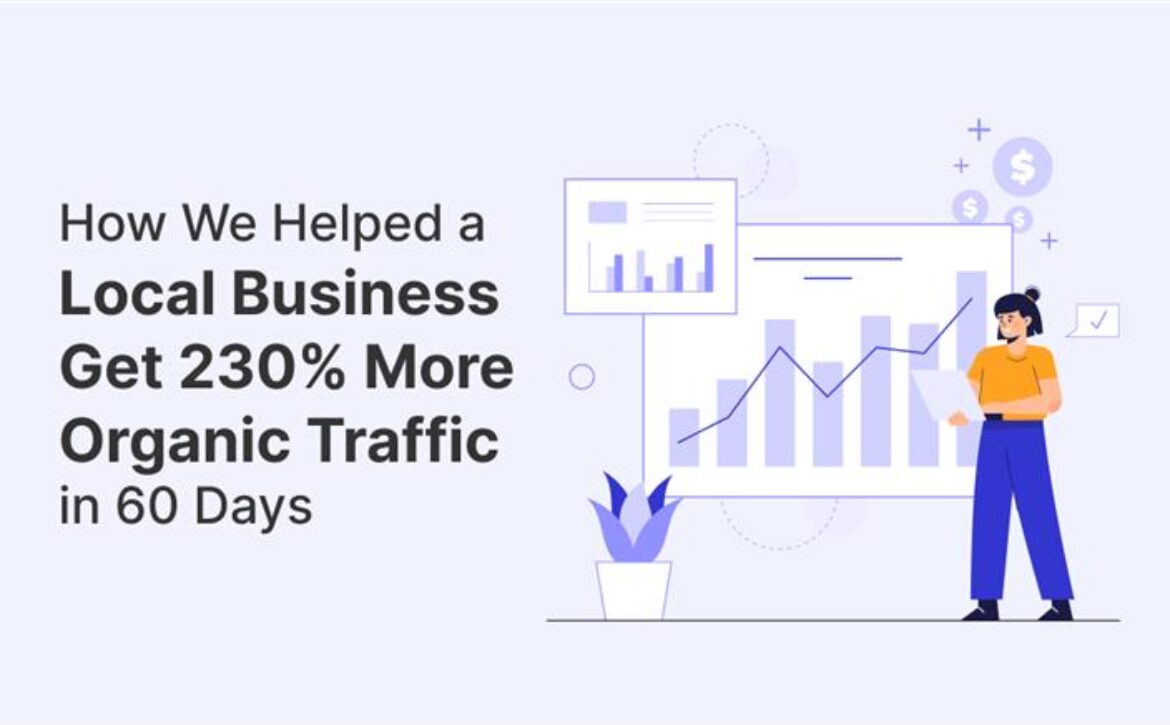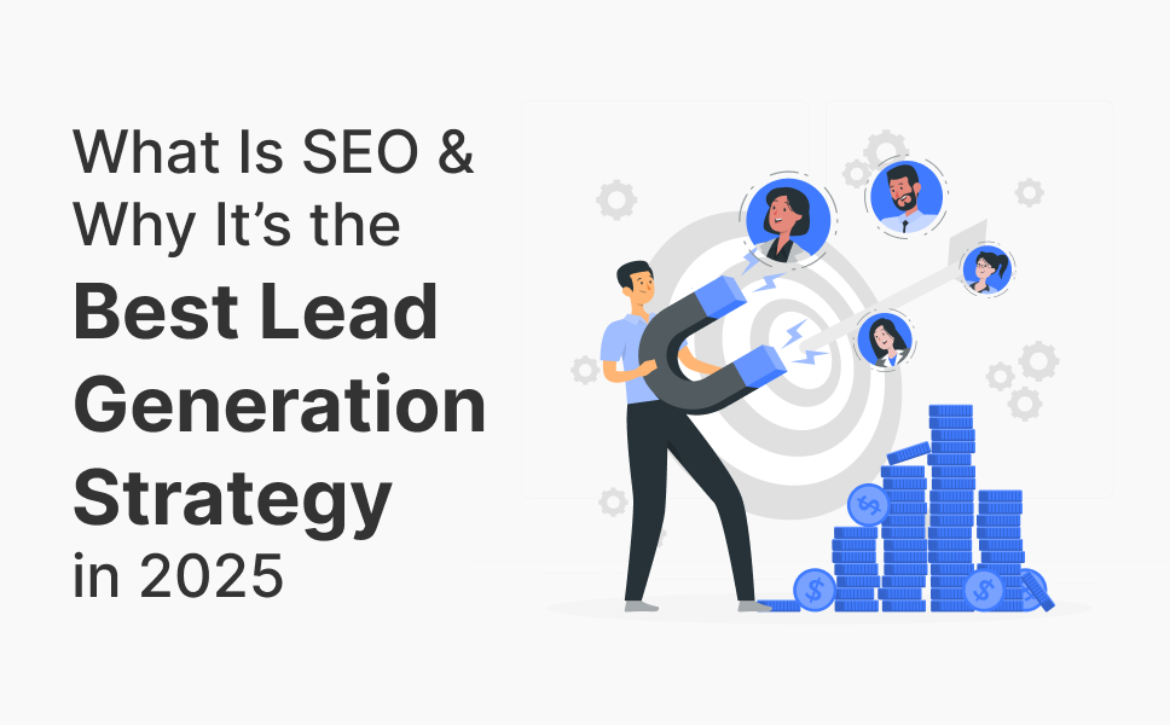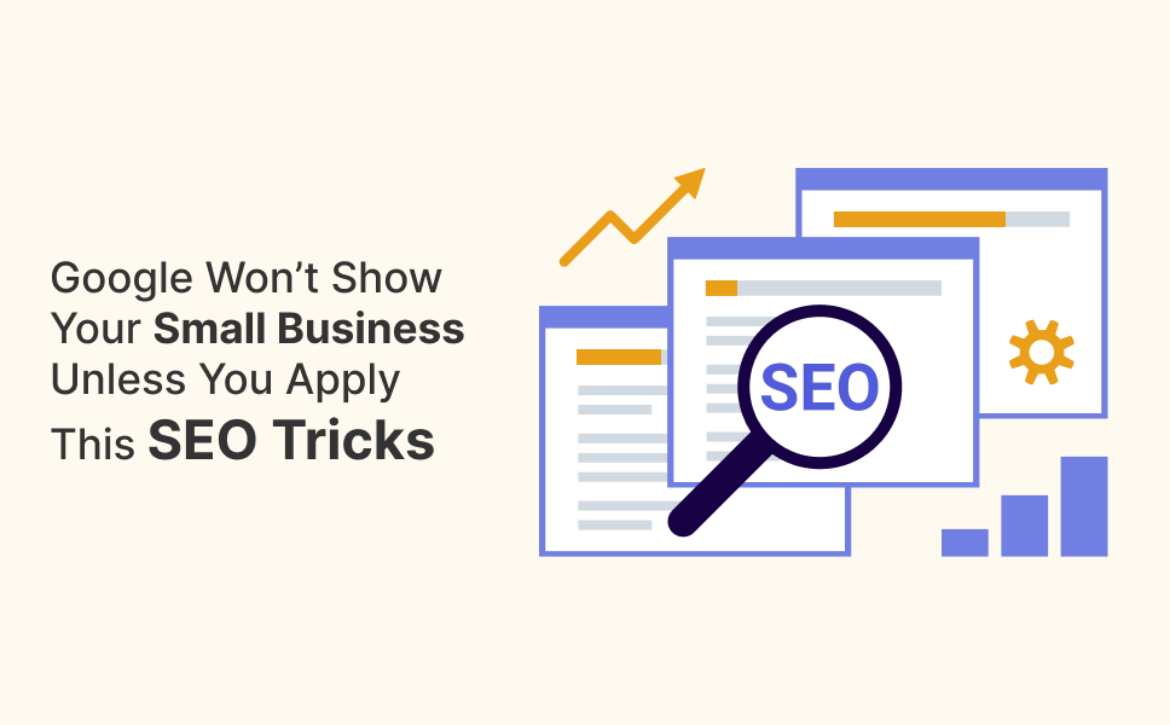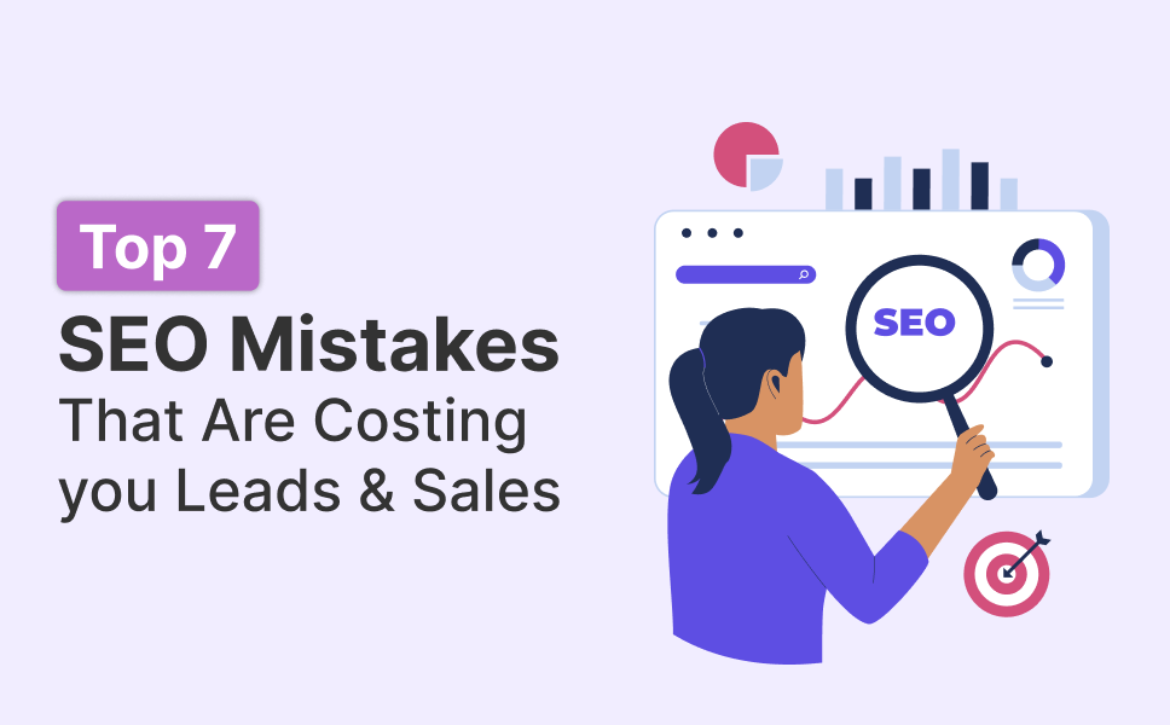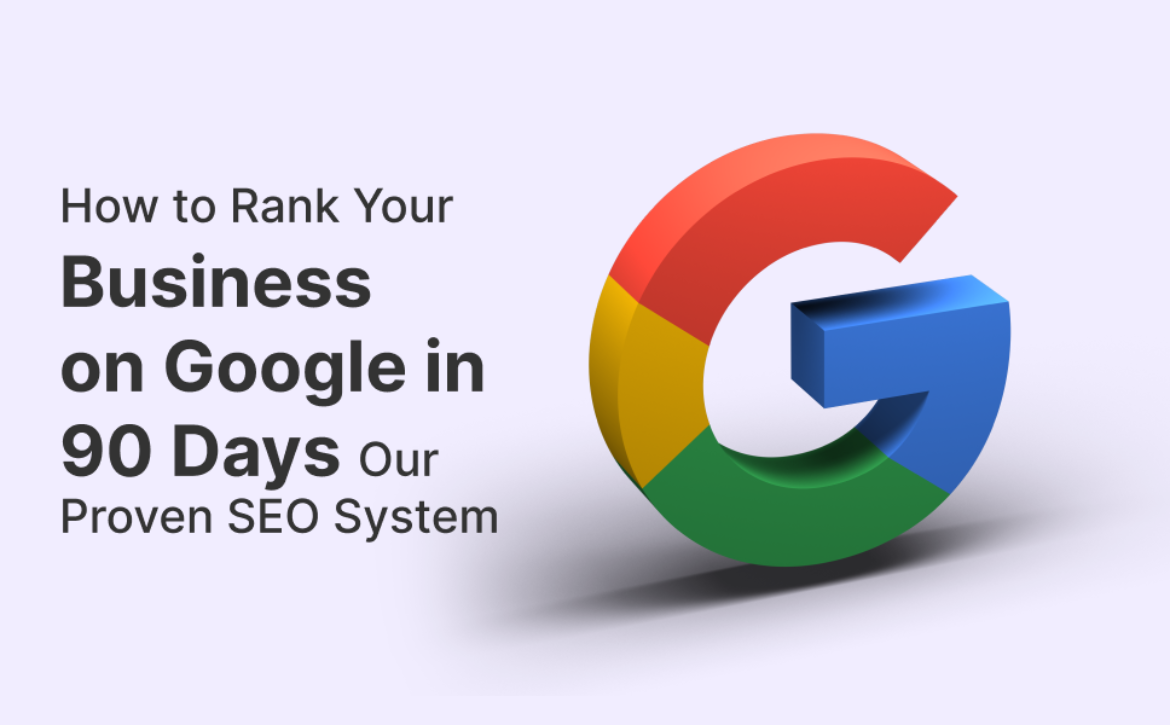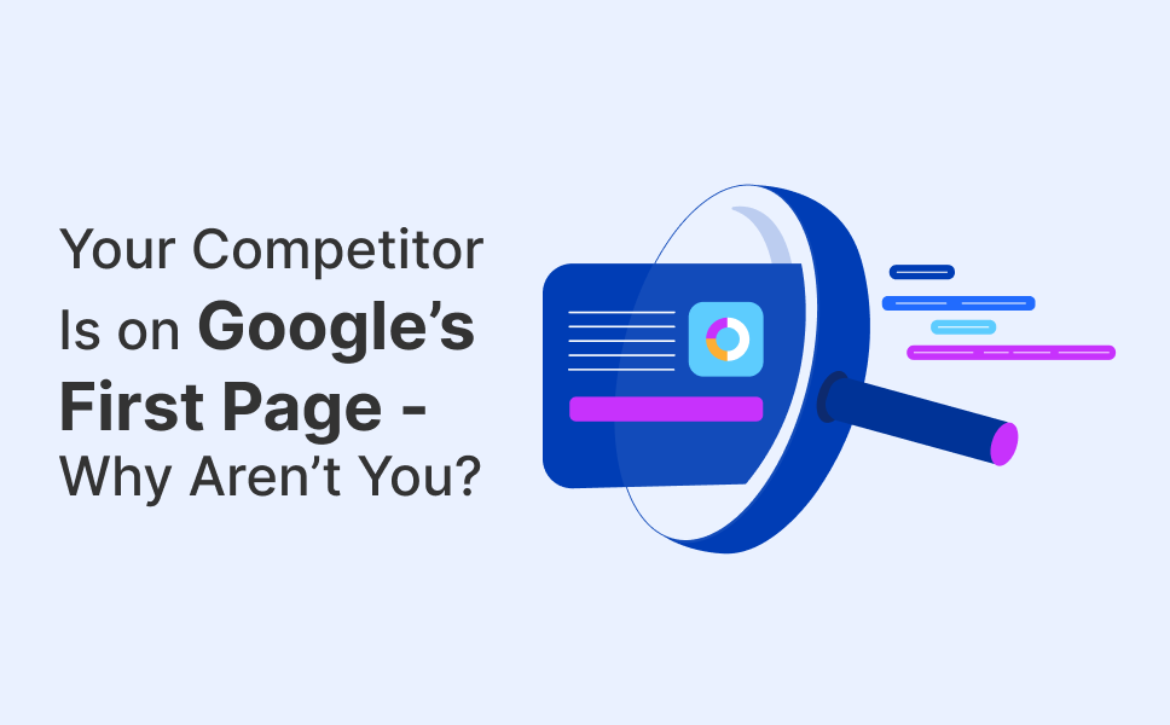How We Helped a Local Business Get 230% More Organic Traffic in 60 Days
Table of Contents
- The Challenges This Local Business Faced Before SEO
- How We Performed an In-Depth SEO Audit
- The Keyword Strategy That Drove Targeted Organic Traffic
- On-Page SEO Improvements That Boosted Visibility
- Local SEO Tactics That Attracted Nearby Customers
- How Link Building Strengthened Domain Authority
- The Measurable Results We Achieved in 60 Days
- FAQs
- Final Thoughts
1. The Challenges This Local Business Faced Before SEO
Before partnering with Kantha Digital, this local business found itself struggling to gain traction online. The website was ranking on page two or three for the biggest relevant search terms, and its local search visibility was practically nonexistent. Their growth potential was constrained by a reasonable reliance on word of mouth.
Some key issues included:
- Low organic traffic with minimal conversions
- Poor local map pack presence
- Unoptimized service pages with outdated content
- Missing structured data and local schema
- Slow site speed is affecting user experience
The owners knew they had a great product and strong local reputation, but needed a way to bring more potential customers from search engines directly to their website.
2. How We Performed an In-Depth SEO Audit
Firstly, we did a full SEO audit to discover every technical, content, and authority issue they were facing. We checked:
- Technical – We checked for site speed, mobile responsiveness, URL structure, and indexation.
- On Page – We checked meta titles, descriptions, headings, keywords, and content.
- Local SEO – assessed their Google Business Profile with local citations and NAP.
- Competitor benchmarking – We checked their top 3 local competitors to see where they stood to find content gaps and backlink gaps.
- User experience testing – we checked navigation, page load times, and usability to make sure visitors would want to stay.
This audit was an important step to allow us to demonstrate high-priority changes that would affect quick wins and allow us to integrate long-term growth strategies.
3. The Keyword Strategy That Drove Targeted Organic Traffic
We built a targeted keyword strategy focused on high-intent, location-based search terms. Instead of chasing broad keywords with low conversion potential, we targeted:
- Local service + city combinations (e.g., “emergency plumber in [city]”)
- Long-tail queries that addressed specific customer needs
- Near me searches and conversational phrases
- Keywords with commercial and transactional intent
We grouped these into topic clusters to strengthen topical authority. For example, the “emergency services” cluster included service pages, blog posts answering common questions, and FAQ sections optimized for search intent.
4. On-Page SEO Improvements That Boosted Visibility
Once we had our keyword strategy, we revamped the site’s on-page SEO:
- Optimized Meta Titles and Descriptions – Added compelling, keyword-rich titles to increase click-through rates.
- Improved Heading Structures – Used H1, H2, and H3 tags strategically to guide both users and search engines.
- Updated Service Pages – Added detailed descriptions, FAQs, and internal links to relevant resources.
- Added Schema Markup – Implemented local business schema to improve search appearance.
- Image Optimization – Reduced file sizes, added alt text, and improved load times.
We also created internal linking pathways between service pages, blog posts, and the contact page to help search engines understand site hierarchy and to keep visitors exploring the site.
5. Local SEO Strategies That Attracted Local Clients
Since this business was local, we put a lot of focus on local SEO:
- Google Business Profile Optimization – We added detailed service descriptions, quality photos, and updated at least once a week.
- NAP Consistency – We ensured the name, address, and phone number were the same in every directory.
- Customer Review Strategy – We helped them ask for and respond to reviews, which increased trust and ranking signals.
- Local Content Creation – They published blogs on events in the community, local tips, and services specific to the city.
- Map Pack Optimization – We included location keywords and service categories to be found in local search.
Our Local SEO Services give more details on how these strategies work for different industries.
6. How Link Building Strengthened Domain Authority
To improve search rankings, we implemented a white-hat link-building campaign:
- Local Directory Listings – Submitted the business to relevant, reputable local directories.
- Partnership Links – Collaborated with other local businesses for cross-promotion and backlinks.
- Content Outreach – Created shareable blog content and pitched it to niche blogs and community news sites.
- Resource Page Inclusion – Got the business listed on local resource pages and industry directories.
These quality backlinks signaled to search engines that the site was credible and worth ranking higher.
7. The Measurable Results We Achieved in 60 Days
After implementing our strategy, the results were clear and measurable:
- 230% Increase in Organic Traffic – From both local and organic search.
- Ranking Improvements – Over 20 keywords moved to the first page, with 8 reaching the top three positions.
- Higher Local Map Pack Visibility – Business appeared for multiple service-plus-city searches.
- More Inquiries and Calls – Contact form submissions and phone calls increased significantly.
- Improved Engagement Metrics – Lower bounce rate and higher average session duration.
The combination of technical fixes, content improvements, and local SEO made a dramatic difference in a short time.
8. FAQs
1. How soon after optimizing my local business website will I see SEO results?
Many local businesses will notice a difference in 60-90 days, but generally, the results will increase over time.
2. Is local SEO different than normal SEO?
Yes! Local SEO targets nearby customers and focuses on showing up in local map packs and searches with a local focus.
3. Do small businesses need to bother with link building?
Absolutely. Quality relevant backlinks help with authority and credibility, both major ranking signals.
4. Will SEO work if I don’t run paid advertising?
Yes. SEO can build traffic without ad spend, though having it combined can be an effective marketing strategy.
5. How significant a role does content play in local SEO?
Very significant. Valuable local content helps to attract and convert local customers.
9. Final Thoughts
Increasing organic traffic by 230% in just 60 days is possible when you have the right strategy, tools, and team. At Kantha Digital, we combine in-depth SEO audits, targeted keyword research, on-page optimization, local SEO expertise, and strategic link building to deliver measurable growth for our clients.
If your local business is ready to climb search rankings, attract more nearby customers, and grow consistently, our team can make it happen. Let’s turn your website into a lead-generating machine.
If you want to learn more about Local SEO, check out our guide on How to Get Your Business on Google’s Local Pack.
We help brands grow to their fullest potential. Don’t miss out on your chance to stay up to date with latest trends.

